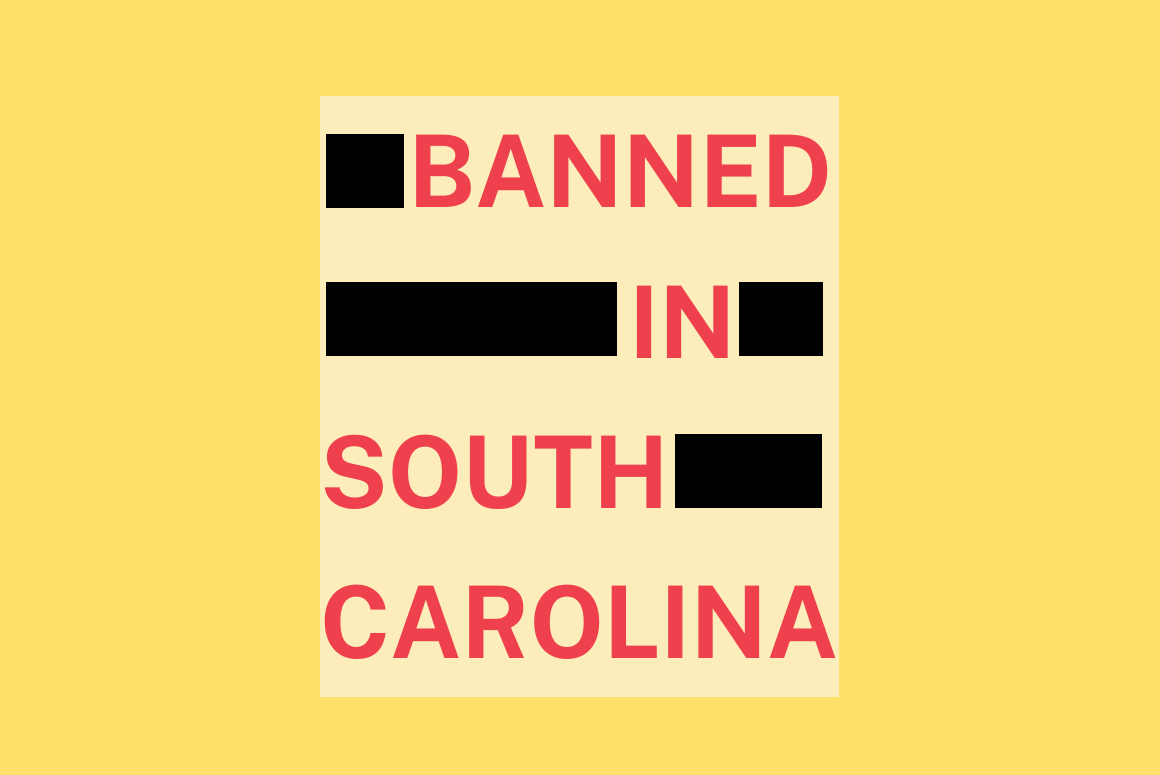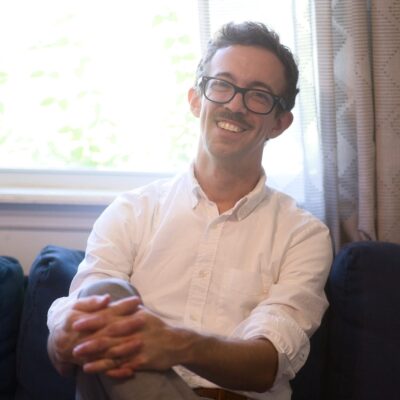It can be hard to keep up with the campaign to ban books because it’s happening at the national, state, and hyper-local level.
That’s why we made this interactive map showing book censorship incidents from across South Carolina over the last 3 years. Click around to see what’s been happening in your area and how it reflects trends from across the state. *
What They Target and How
It started with a surge in attempted bans on books by and about Black history and current events, like Stamped and Between the World and Me. These were a reaction to the progress that was started following the outrage at the killing of George Floyd. Now we’re also seeing an increase in censorship of books about LGBTQ+ people, in response to increasing acceptance of diverse sexual orientations and gender identities.
Book banners like to portray these books as inappropriate, but their words ring hollow. They are often challenging age-appropriate children’s books that simply acknowledge the existence of, for example, same-sex couples or transgender people. Similarly, they seek to make basic discussions of racism and U.S. history off-limits in public school classrooms.
The book banners are not especially creative, and they don’t seem to be reading the actual books. Instead, they cross-reference library collections against websites like BookLooks.org, which present skewed “ratings” of books and out-of-context quotes to read aloud at school board meetings. The playbook is easy to spot once you know what to look for.
We don’t have an exact count of book bans in South Carolina, but the instances we’ve seen are reflective of national trends. According to the American Library Association, 2022 was the year with the highest number of book challenges recorded, and most challenges were to books written “by or about a person of color or a member of the LGBTQIA+ community.”
Who Are the Book Banners?
The nationwide pro-censorship group Moms for Liberty has numerous chapters in South Carolina. These local groups, and others like them, copy and paste their talking points and book-banning wish lists from one district to another.
Often a single person will seek to ban a long list of books all at once. We saw this pattern in Berkeley County and Horry County Schools in the past year.
Gov. Henry McMaster and State Education Superintendent Ellen Weaver have also called for the censorship of books and the punishment of educators.
Other political interest groups with a keen interest in banning books include S.C. Parents Involved in Education, the Palmetto Promise Institute, and Clean Up SC Schools. At the state level, the South Carolina franchise of the State Freedom Caucus Network is pushing censorship laws like House Bill 3728, seeking gag orders on what teachers can discuss in classrooms, and suing school districts that use effective literacy curricula with an emphasis on racial equity.
How We Fight Back
The book banners seek to stifle and intimidate teachers, students, librarians, and parents. But we don’t need to be afraid of them if we stand together.
The ACLU-SC is proud to work with Freedom to Read SC, a coalition of South Carolinians pushing back against censorship at the local level. If you’d like to get involved, follow us on Facebook and sign up for the email list.
Because the censorship movement is empowered and emboldened by politicians in the State House, our coalition partners in ProTruth SC are also keeping tabs on legislative action that affects us all. Get involved at protruthsc.org.
Professional advocacy organizations like the South Carolina Association of School Librarians (SCASL) and The South Carolina Education Association (The SCEA) have been active in South Carolina much longer than the book banners, and they aren’t going anywhere.
Oh, and did we mention we’re suing to stop one of the book bans? Click here to read more about NAACP v. Pickens County School District, our ongoing lawsuit challenging a ban on Stamped: Racism, Antiracism, and You.
Happy Banned Books Week, y’all. We are so grateful for the South Carolinians we’ve met who are speaking up fearlessly and tirelessly for intellectual freedom. We have more challenges ahead, but we never have to struggle alone.
* We’ve probably missed a few counties. If you’d like to add some data points about book bans and challenges in your area, reach out to Communications Director Paul Bowers ([email protected]).


